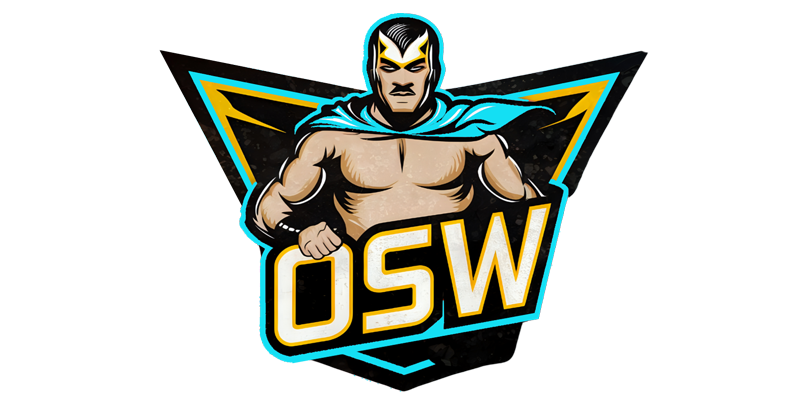We ran the scans, El Dragon Caido.
Heart rate is elevated. The lungs are working harder than they should. Hormonal spikes show patterns consistent with adrenaline—only they weren’t triggered by stress. They were triggered by sound, by noise. By stimulation.
That was the first clue.
The body doesn’t react to violence. It reacts to being watched.
So we investigated further. Compared your neurological responses to stimulus. Measured your reactions against timing, movement, attention. And the pattern became undeniable.
This isn’t injury. It’s not age.
It’s Chronic Spotlight Dependency.
A slow building syndrome that begins as adrenaline and ends as addiction. You were revered for so long that you forgot how to function without it. The applause became your pulse. The ovation, your breath. The spotlight didn’t highlight you, Dragon.
It sustained you.
And now, you don’t know how to live without it.
The first symptom was performance sensitivity. Your system surged not at danger, but at entrance. The body ignites only when the crowd acknowledges you. Not when the match begins, not when impact lands. Only when they look.
The second was pattern fixation. You repeat motions not because they’re effective, but because they’re familiar. The gestures, the poses, the timing—all lifted from the height of your myth. You’re not improvising. You’re reenacting. And you’re not doing it for the opponent. You’re doing it for the reflection.
But the most critical symptom?
You can’t stop.
Even now, as your bones ache and your breath thins, you return to the same motions. The same mask, the same chant. Hoping that if the crowd repeats your name loud enough, the body will forget that it’s breaking.
But it doesn’t.
Because this isn’t strength. It’s dependency. And like all dependencies, it comes with collapse.
So I’m not your enemy tonight, Dragon.
I’m your paramedic.
That ambulance parked beside the ring isn’t waiting for a victim. It’s waiting for a patient—one who’s gone too long without a real diagnosis. One who mistook the noise for nourishment, one who needs to be removed before the myth takes the rest of him down with it.
Because this is no longer about legacy.
It’s about overdose.
And I know the symptoms too well to let them go unchecked.
So when the final moment comes—when those lights don’t hit right, the crowd doesn’t chant loud enough, and the breath doesn’t come quite fast enough—I’ll be there.
I’ll steady your frame. I’ll secure the straps, I’ll close the doors.
And then I’ll begin the quiet part. The removal, the clearing of space once filled with noise.
You came back for one more high. One more taste, one more reminder of what it felt like to matter.
But applause is not medicine.
And validation is not oxygen.
You believed that the fire would return once they saw you again. But that fire was never real. It was just the glow of the spotlight burning through a man who forgot how to stand in the dark.
And when they ask what happened, I’ll tell them the truth.
That you didn’t lose a match, Dragon.
You just couldn’t survive without being seen.

